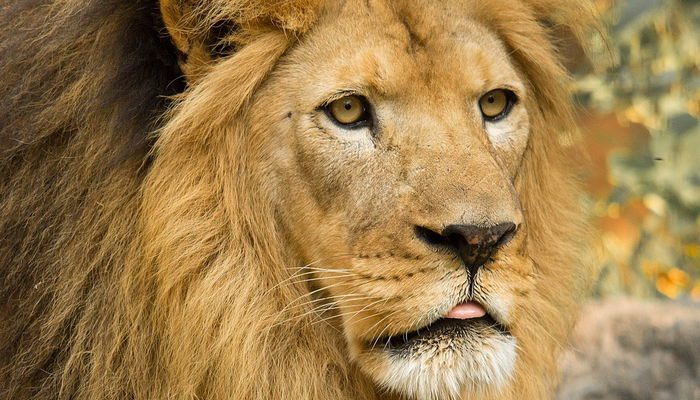Sleep is essential for all living beings, and animals are no exception. While humans are known to sleep for an average of 8 hours a day, some animals can sleep for almost 20 hours a day! From lazy sloths to nocturnal bats, here are the top 10 sleepiest animals on earth. Who knows, you might just learn a thing or two about the art of sleeping!
10 – Squirrel

Who knew that squirrels were such sleep champs? These bushy-tailed critters can sleep for up to 15 hours a day, depending on their age and activity level. Squirrels love to nap in their cozy nests, which they build high up in the trees. When they’re not snoozing, squirrels are busy gathering nuts and acorns for the winter. So, if you ever come across a squirrel taking a nap, remember that they’ve earned it and let them catch their beauty rest.
09 – Lion

Lions are the only big cats that are social and live in groups, which means they can take turns sleeping for up to 15 to 20 hours a day. While one lion is sleeping, the others will keep watch for predators. This allows them to conserve energy and be alert when they need to be.
08 – Bat
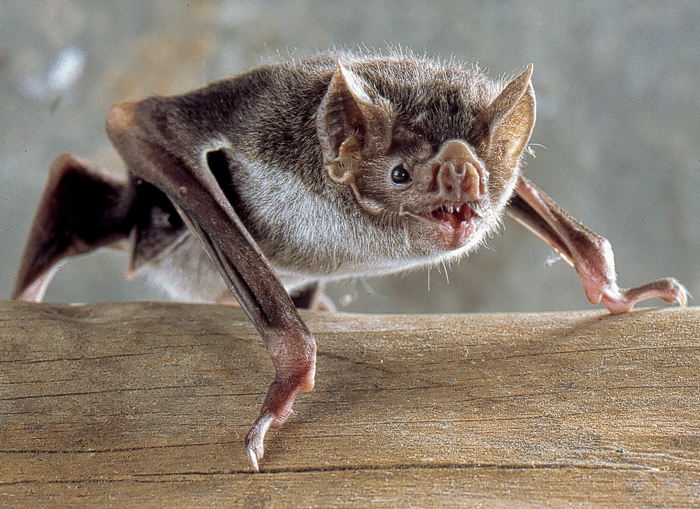
Bats are nocturnal animals that sleep for up to 14 – 20 hours a day. They hang upside down in caves or trees, which allows them to conserve energy and avoid predators. Bats are also able to enter a state of torpor, which is similar to hibernation, to conserve even more energy.
07 – Python

Pythons are known for their long periods of inactivity and can sleep for up to 18 hours a day. These snakes are able to survive without food for long periods of time, which is why they don’t need to be active all the time. Pythons are also able to lower their metabolism when they sleep, which helps them conserve energy.
06 – Opossum
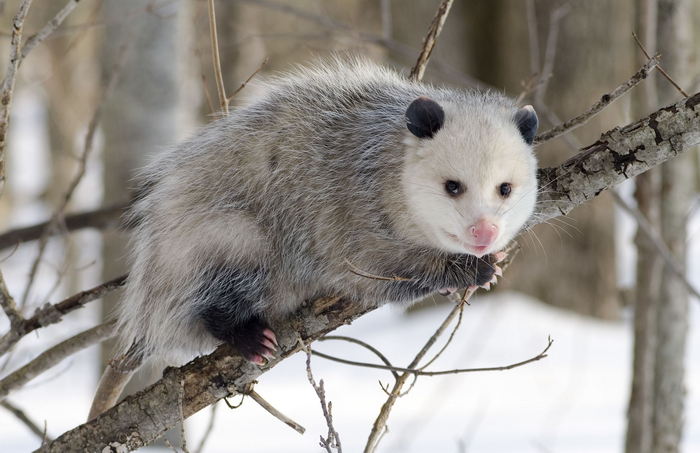
Opossums are another nocturnal animal that is known for sleeping for up to 18 hours a day. These animals have a low body temperature and slow metabolism, which allows them to survive on very little food. Opossums are also known for playing dead when they feel threatened, which is why they are sometimes called “playing possum.”
05 – Armadillo
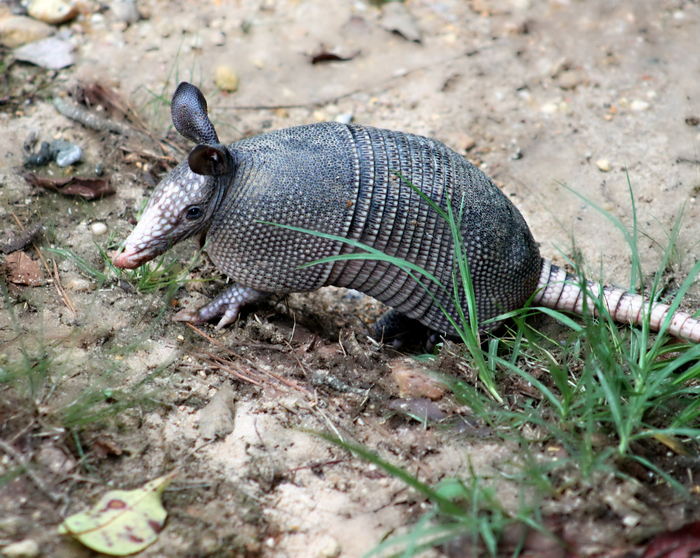
Armadillos are known for their hard, protective shells, but they are also known for their sleep habits. These nocturnal animals sleep for around 19 hours a day and are most active at night. Armadillos are also able to lower their body temperature and heart rate when they sleep, which helps them conserve energy.
04 – Walrus
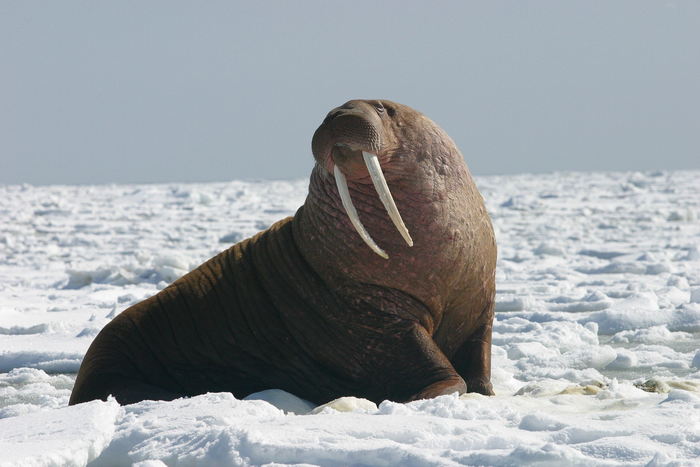
Walruses are known for their large tusks and their love of sleep. These marine mammals can sleep for up to 17-19 hours a day, often in the water. Walruses are able to enter a state of restful sleep while still swimming, which allows them to conserve energy while still being alert to potential threats.
03 – Fat-tailed dwarf lemur
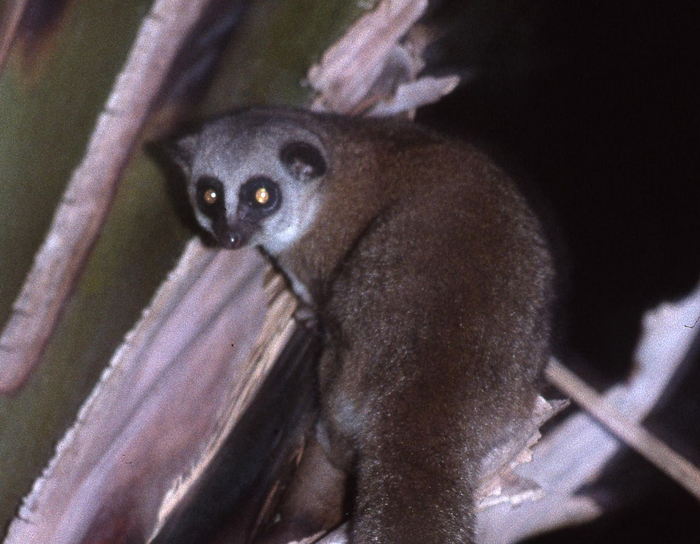
The fat-tailed dwarf lemur is a small primate native to Madagascar that can sleep for up to 20 hours a day. These lemurs are able to enter a state of hibernation during the dry season, which helps them conserve energy when food is scarce.
02 – Sloth
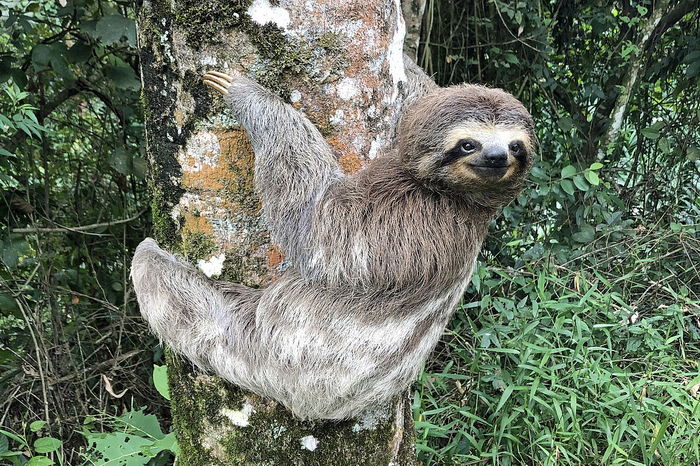
The sloth is known for being one of the sleepiest animals on earth, and for good reason. Sloths sleep for up to 15-18 hours a day, and when they are awake, they move extremely slowly. This slow pace allows them to conserve energy, which is important as their diet of leaves is low in calories. Sloths also have a low body temperature and slow metabolism, which allows them to survive on very little food.
01 – Koala
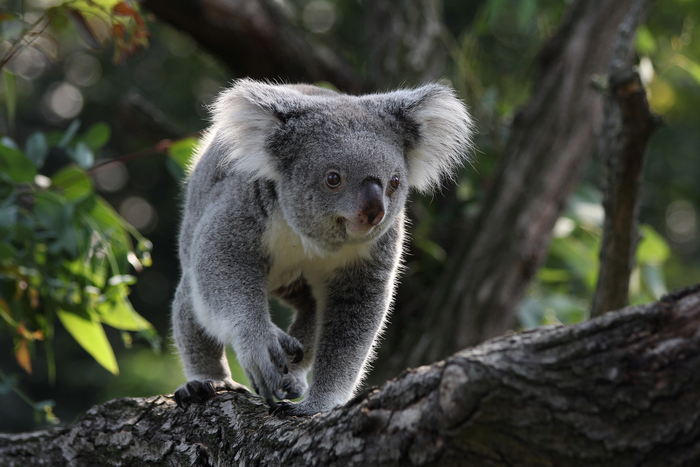
Koalas are another animal that are known for their love of sleep. These marsupials sleep for up to 18 to 20 hours a day, mostly because their primary food source, eucalyptus leaves, are low in energy. When they are awake, koalas are often seen napping in trees, and they can even sleep while sitting upright!
These 10 animals are known for their love of sleep and ability to conserve energy. While some of them are nocturnal, others are able to sleep for long periods of time during the day. Despite their lazy reputations, these animals are well adapted to their environments and have developed strategies to survive on limited amounts of food and energy. By studying their sleep habits, we can learn more about the fascinating world of animal behavior and adaptation.
Although these animals are masters of sleep, it’s important to remember that they need their rest to function properly. So the next time you see a sleeping koala or a hanging sloth, remember that they are just taking their beauty rest, and it’s all a part of nature’s grand plan.


